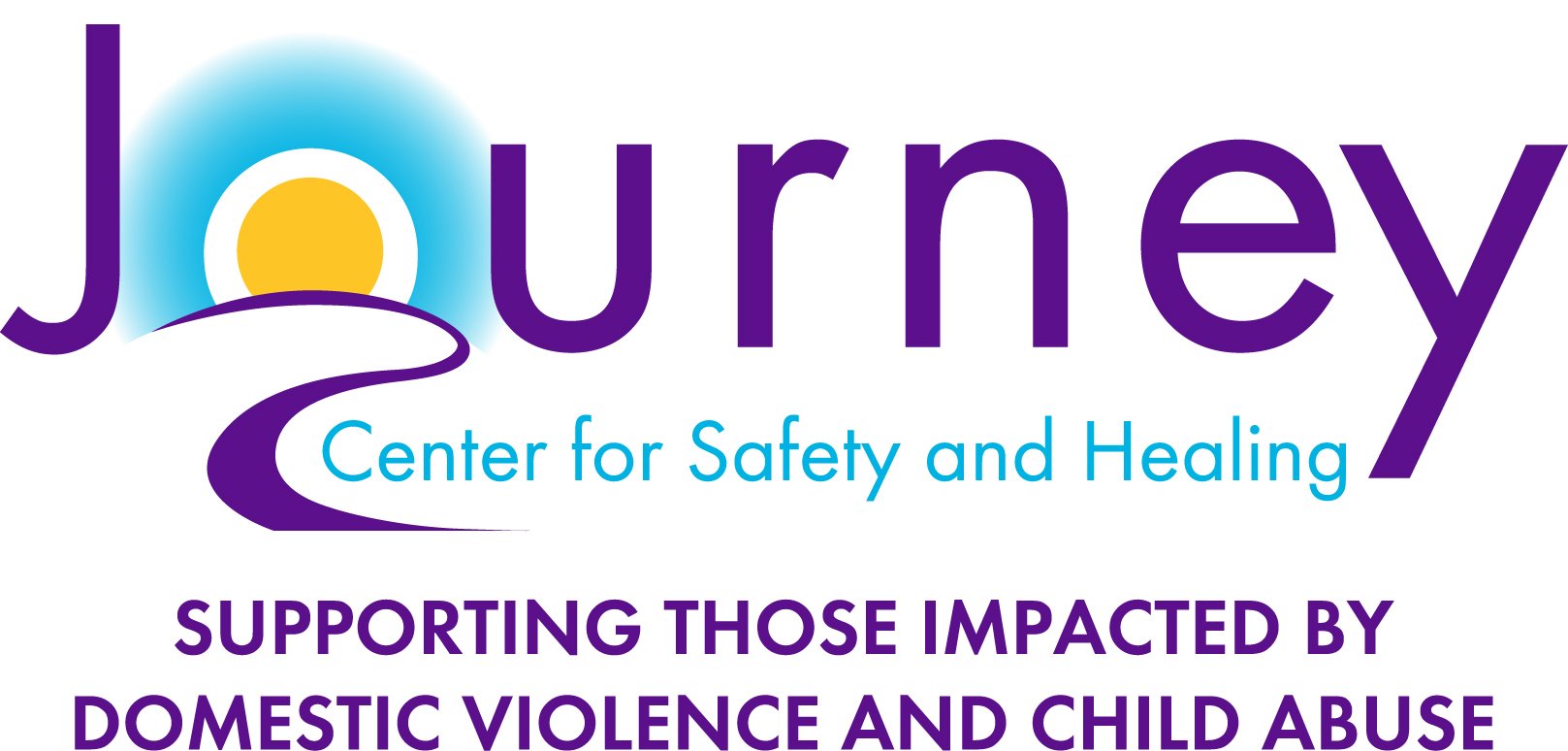When Your Family Member is Abusing Their Partner
Everyone has a role to play in helping to end domestic violence. If you suspect abuse or have witnessed a family member being abusive in their relationship, it can be difficult to know what to do. You may love your family member, but you know that what they’re doing is harmful to their partner. You may want to help but are scared to lose the relationship with them or you may feel as though it is not your place to step in.
All these feelings are normal, but at Journey Center we believe that the most important first step to take is to start a conversation. Here are a few things you can do to encourage them to behave in healthier ways:
Educate yourself on the dynamics of domestic violence and abuse: Learning the warning signs of abuse can help you help your family member identify abusive and unhealthy behaviors.
Avoid blaming the victim: If you witness the abuse, or if your family member tells you about a time they behaved abusively, do not place blame on their partner or make excuses for the abuse. No one ever deserves to be abused and a victim is never the reason for abuse to happen.
Realize that you can’t make them change: It is up to your loved one to decide that they want to change. Encourage them to seek professional help while reminding them of the effects that their abusive behaviors can have on their partner.
Let your loved one know that you do not condone the abuse: Set limits or boundaries around their behaviors. And if it is safe, interrupt and call out the abusive behaviors when you see them or check in with your loved one when it is safe to do so.
There is no excuse for abuse; it is a choice and although you love your family member, it’s important to focus on identifying their abusive behaviors. Here are a few things that you could say and a few that you should avoid:
Try saying: “I don’t think it’s healthy to talk to your partner that way.”
Avoid saying: “Well, what did they do to make you act that way?”
Try saying: "If you care about someone, I think you should treat them with respect.”
Avoid saying: “You couldn’t help it.”
It’s important to remember that you have the power to be an active bystander. However, after supporting your loved one, don’t forget to practice self-care. You might feel stressed or emotionally drained and you have the right to take a step back from the situation to care for yourself. Setting boundaries with your loved one is okay, when you set boundaries, you are doing your part to model safe, healthy relationships. Your own well-being is important so don’t forget to take care of yourself in ways that feel best to you.
Remember that your family member’s decision to be abusive is not a reflection on you. If you’re worried about a friend or family member who might be displaying abusive behaviors, we are always here when you need to talk.
Call or text our 24-Hour Helpline: 216.391.4357 (HELP) or live chat.
